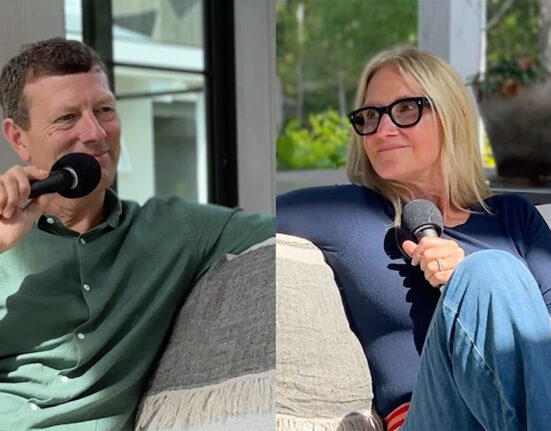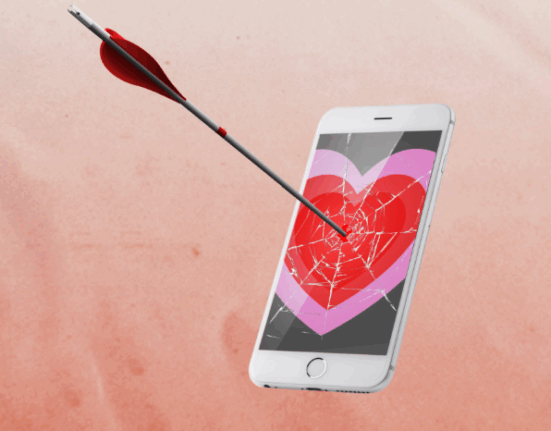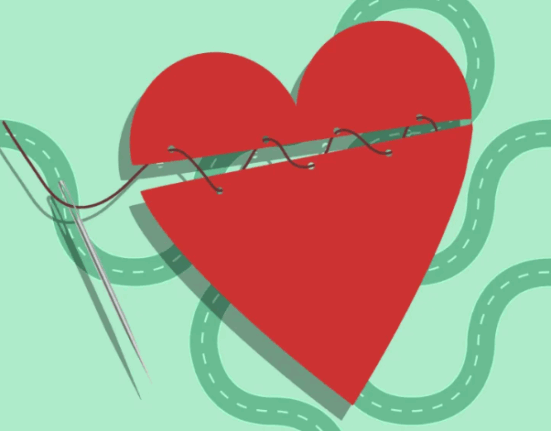Last Updated on July 27, 2023 by Rachel Hall
How Does Toxic and Abusive Behaviour Work, and How Can We Predict What Behaviour Might Come From an Individual
Emotional abuse in relationships can be difficult to identify. Nobody is perfect, after all, and using labels like “abuse” can be hard to use. Therefore, it’s sometimes easier to identify “toxic” behaviours, where you know something is wrong, and therefore some changes need to be made, promptly. Cathy Press, a British psychotherapist and domestic abuse specialist, has put together a list of different ways toxicity can present and the personality types/traits to look out for. Not everyone will fit neatly into these categories, and sometimes we might see one trait in a usually solid relationship, yet it’s still a good idea to look at these different criteria and see if anything resonates.
- The Charmer
The charmer is a person who lovebombs early on, to create a feeling that their partner is in some kind of magical, fantasy relationship with the person of their dreams. They’ll likely try to hit relationship milestones (like saying they’re in love, moving in or engagements) quite quickly, so the sugary high lasts a little longer. When their partner is trapped, the mask drops and the prince was the monster all along. They might make their partner feel guilty for wanting the same love and attention they received at the start, or even just requiring basic respect and dignity. The nuance is that people do change in relationships. For example: when I first started dating my partner, I made more of an effort with my appearance, and now I will happily wear old clothes and no makeup in front of him. The honeymoon phase of a relationship is lovely, and then as time goes on, you get more comfortable, and things evolve. You have to judge if your partner is relaxing a little, or if they’re becoming cruel.

- The Bully
We’ve all known bullies. To me, the word conjures up the image of an unpleasant child stealing another kid’s lunch money or spreading malicious rumours. Unfortunately, some people never grow out of this, and continue to bully their colleagues, families and partners. They’re unpredictable, and may not always use physical violence, but their significant others will often worry about what the bully’s actions might be. The nuance is that bullies will often use passive-aggressive behaviour, like sulking, silent treatment, or refusing to answer their phone to get their way; yet, sometimes we need some space from our partner. You don’t have to answer every call, and you can take time to be quiet.

- The Mindmixer
Although this sounds like a particularly strong cocktail, it actually can mess your life up even more. Mindmixers are people who alternatively go hot and cold, undermine their partner’s self-confidence and gaslight them. The partner then slowly struggles to understand what’s normal and appropriate, and what is happening, and they therefore start to accept the mindmixer’s reality as their own.

- The Taker
Most healthy relationships have a balance, where you take turns to support one another. Things like household chores, financial burdens, and childcare are shared fairly evenly and in accordance with each person’s abilities. A taker will, instead, push everything onto their partner. They’ll look for ways to reduce the amount of effort they have to make in life and become a burden on their partner, whilst simultaneously making their significant other feel like they’re not doing enough. The nuance is that relationships are often not split 50/50 – one person might do more childcare, and the other spends more time earning money at their job. However, if you look around and realise that you’re doing physical and emotional labour, and are responsible for everything financially, you might realise that you’re in a relationship with a leech.

- The Keeper
Nothing to do with football, sorry! The keeper is an insecure, lonely person who wants to spend all of their time with their partner, and nobody else. This means they won’t want their significant other to spend time with friends or family, and if they do go out, will constantly harass them with phone calls – see the bully – and make things difficult and unpleasant. The end result is a dependency on a narcissist who doesn’t think anyone else’s company is needed. The nuance, of course, is that it’s totally normal and healthy to want to spend quality time with a partner, alone or with other people. But if the only person someone can see is their significant other, then that’s a bad, co-dependent thing.

Conclusion
Toxicity is hard and horrible. It poisons people, and it can be difficult to identify. Sometimes, it’s good to have a moment, take stock of your life, and work out if your relationship is actually making you happy, or if you spend all of your time worrying, confused and badgered. Emotional abuse might be complicated, but that doesn’t mean it isn’t real and destructive.

Rachel Hall, M.A., completed her education in English at the University of Pennsylvania and received her master’s degree in family therapy from Northern Washington University. She has been actively involved in the treatment of anxiety disorders, depression, OCD, and coping with life changes and traumatic events for both families and individual clients for over a decade. Her areas of expertise include narrative therapy, cognitive behavioral therapy, and therapy for traumatic cases. In addition, Rachel conducts workshops focusing on the psychology of positive thinking and coping skills for both parents and teens. She has also authored numerous articles on the topics of mental health, stress, family dynamics and parenting.








Leave feedback about this